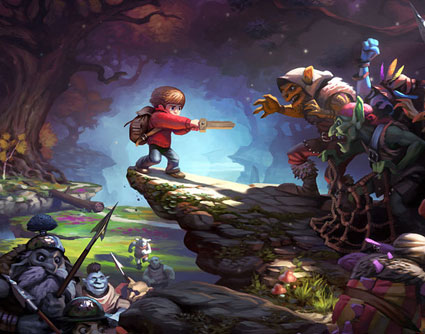Composer Henry Gorecki died a couple days ago. While a serialist with plenty of heavy avant-garde works under his belt, he will be forever remembered for his beautiful (and very tonal) Symphony #3 (Symphony of Sorrowful Songs). It was commercially successful, received a lot of radio play in 1992 and made him famous.
Predictably, the critics generally hated it.
A musician friend of mine commented today:
I was surprised by the many obituaries, not dismissing, but playing down his 3rd Symphony in favor of his earlier 12-tone/serial/aserial era…
Big ‘C’ Classical music is a fickle bunch – 🙂
To which I was inclined to reply and rant:
Classical musicians are either pragmatic folks who just love music (yeah!), OR, they are snooty ivory-tower dwellers whose only requirement for criticism be that it appear to be as “original” as possible This necessitates that it highlight or applaud an artist’s least visible work, which is USUALLY (though not always) his worst work. So it is no surprise that our fickle music critics claim to dig Gorecki’s early forays into serialism. To mention anything else would risk throwing in their lot with the bumpkins. (After which, they put down their pen, go home and listen to Jefferson Airplane.)
So in short, how come critics (music critics, film critics, etc.) predictably give such high praise to things that are clearly crap?
They have to. Just like Girard says, they are defined by the Other, which ever way they go. The listener can either jump on the bandwagon and buy the new Lady Gaga CD like everyone else. Or, (and this is more prominent in academic circles), they can go out of their way NOT to embrace the same thing as the next guy. Eventually, in the quest to be unique and not appear to be imitating anyone, you are left with only the art in the garbage can. There is a reason it was put there in the first place.
Both people are still being defined by the Other. One embracing, one rebelling.
Look at the story arc of every “indie” rock band. They are cool until they become popular. Then they are accused of being sell-outs and their original fervent fans move on to the next indie band. The next even more cringe-inducing than the last, so as to further conceal their imitation. (For a great analysis of this, from a similar angle, I refer you to this post from an old classmate.)
I don’t think you need much else to go on to “understand” modern art, whether is be sculpture, painting, music, film, dance, or even fashion.
You may protest and say, “Oh! But there is so much more going on then just that. These deep and rich arts cannot be reduced to this Girardian psychological feature!”
Of course not! There is a ton of interesting things in these arts – creativity coming from many directions and taking exciting forms.
All I’m saying at the end is that any theory of aesthetics that does NOT take this psychological phenomenon (mimetic theory) into account is going to quickly drive off the road, go over the ditch, through the fence, and tear through the field, running over cows.
Is something really beautiful or not? Where should the critic start? Aristotle or Thomas Aquinas would be a better (more fundamental) place to start than (unconsciously) comparing/contrasting the work with its peers.


